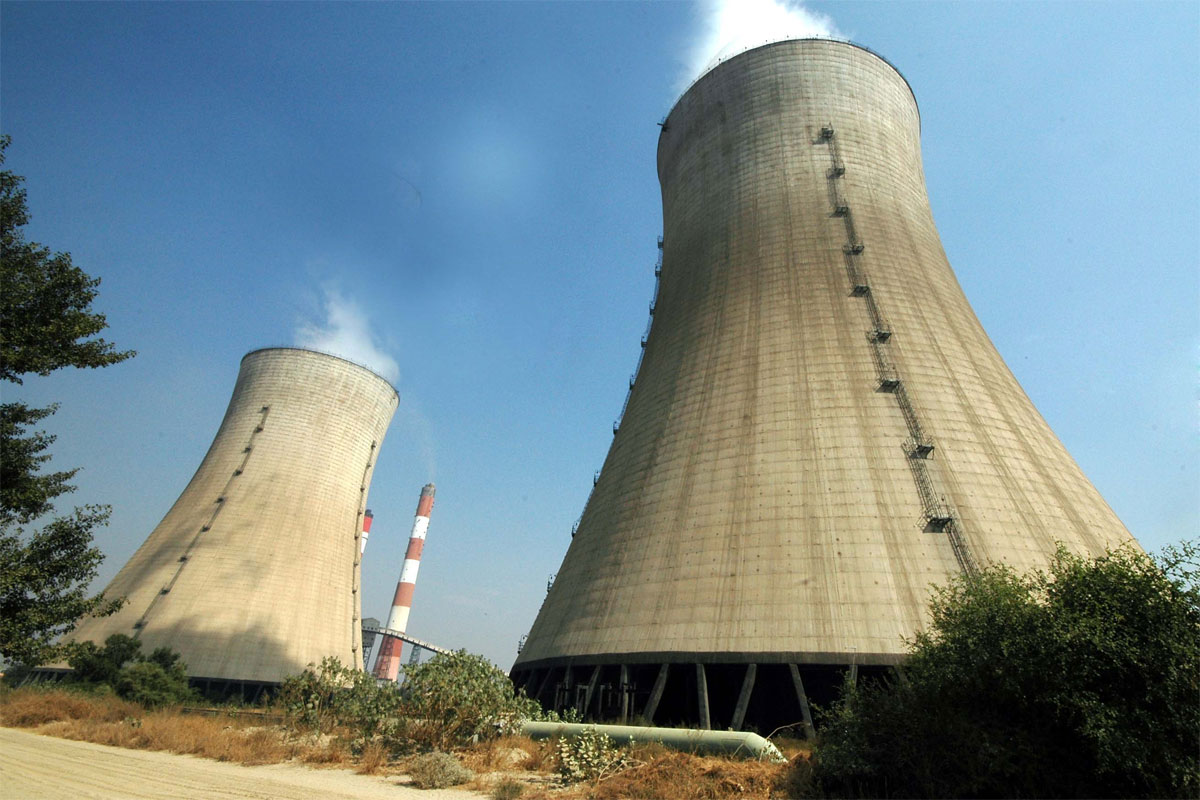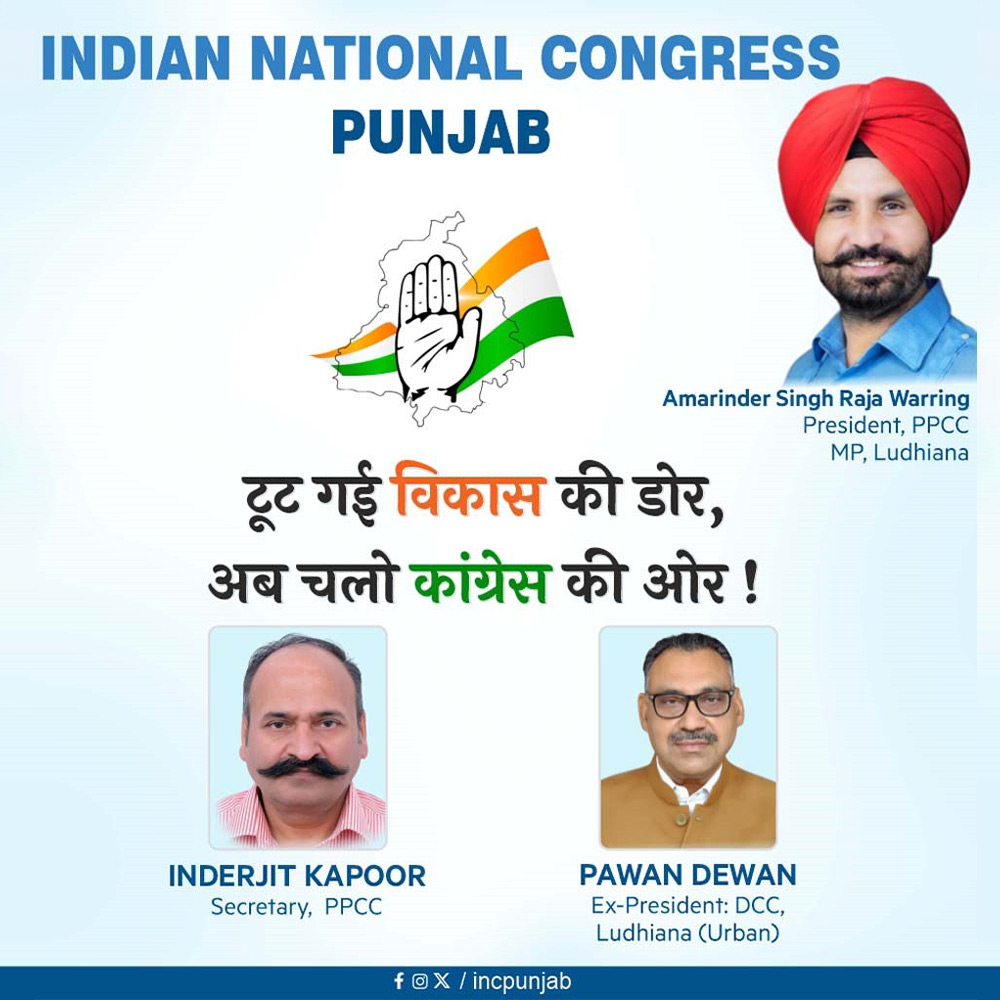The Power Ministry is aiming for privatization in the power sector amid stiff opposition from employees, consumers and farmers. The Power Minister, in his meeting with seven Power Ministers of states, gave them two options to privatize the power distribution sector: alternatively, they must list their company with SEBI. Earlier in October, the Power Ministry sent Draft Electricity Amendment Bill 2025 to over two dozen central utilities, state Discoms and private Associations directly or indirectly connected with the power sector for their comments.
In the mid-September meeting of the group of ministers from seven states, the central government is offering states two options on the privatization of electricity and in case they do not want privatization, they should register their Discoms with SEBI; otherwise, central grants to states not agreeing to proposals will be discontinued.
In the first option, the state government sells a 51 per cent stake in electricity distribution corporations and operates the electricity distribution companies under the Public-Private Partnership model. In the second option, the state must sell a 26 per cent stake in electricity distribution companies and hand over management control to a private company. In the third option, those states that do not want privatization must register their electricity distribution companies with SEBI and the stock exchange.
It may be mentioned that electricity is on the concurrent list in the Eighth Schedule of the Constitution, which means the central and state governments have equal authority in electricity matters. In such a situation, how can the decision on privatization be imposed on state governments based on the opinion of seven selected states?
In October, Union Power Ministry released the Draft Electricity (Amendment) Bill 2025, which proposes privatization of the complete distribution sector with the aim of privatising, commercialising and centralising India’s power sector and sought comments within 30 days from various agencies including private sector associations connected directly or indirectly with the power sector excluding power sector employees and engineers, consumers who are major stakeholders. The letter clearly mentions that Draft Bill 2025 is to strengthen the reform sector in alignment with evolving industry requirements.
The government is calling it a historic step towards reform, but the way private companies are being given free rein and the burden of responsibility is being placed on the government machinery could prove costly for both the public and the government in the future.
Power engineers feel that it threatens public utilities, consumer rights, federalism and the livelihoods of lakhs of electricity workers. If implemented, it will dismantle the integrated and socially driven electricity framework built over decades, handing profitable areas to private corporations while a major challenge for implementing power sector reforms has been to build consensus among the states. Electricity is on the concurrent list in India, meaning both the Central government and State governments have the power to legislate on it.
Political resistance to these changes, particularly from states and thousands of workers in state-owned distribution companies, could be a major hurdle.
The release of the Draft Electricity (Amendment) Bill 2025 and three options for Discoms has created a stir across the power employees, engineers and consumers, who have called it a “well-planned script for privatization”, a move that would disproportionately harm the poor, cripple state finances, and hand over a critical sector to private profiteers burdening state Discoms with losses and social obligations.
The Bill focuses on cost-reflective tariffs, empowering regulators to revise tariffs suo motu, enhancing accountability, withdrawal of cross subsidies in five years, improving financial discipline, and promoting competition. It allows multiple distribution licensees in the same area using the same public-funded network. This creates a “cherry-picking” scenario, where private companies will woo high-paying industrial and commercial consumers, leaving less profitable domestic and rural consumers to the burdened state-owned Discoms.
This will cripple public finances, destroy cross-subsidies and increase tariffs. Smart metering, promoted by the Centre, is the technological tool for this privatisation drive. The government’s promotion of smart metering is the technological handmaiden to this privatisation drive, designed to facilitate billing and surveillance for corporate entities rather than to enhance service for the public.
Now, multiple private companies will be able to obtain electricity distribution licenses in the same area. These companies will only pay a “wheeling charge” for using the government network. This means that private companies will earn directly from consumers by using government infrastructure. If a private company refuses to supply electricity to a consumer, the government company in the same sector will be forced to supply it. This means that the private companies will make the profits, while the government institutions will bear the losses. Farmers claim that once the cross-subsidy is eliminated, it is estimated that there will be a three times increase in the agriculture tariff, which is free in some states, while it is nominal in other states.
Power sector employees and engineers term this Bill nothing but a document handing over government property to the capitalists. They have slammed the contents of the Draft Electricity (Amendment) Bill 2025, saying that they could pose a threat to public-sector power distribution agencies by accelerating privatisation in the country’s power sector.
The chief aim of the Draft Electricity (Amendment) Bill 2025 is to open up licensing in the distribution sector to private players. This would allow private companies to harvest huge profits using infrastructure established with the taxpayer’s money. It would also lead to ‘cherry-picking’ of high-end consumers by private distributors, leaving public-sector companies with the task of providing supply at cheap rates to ordinary consumers. Such a scenario would eventually plunge State-owned companies into loss. It will dismantle the power sector built in the last 76 years and hand over the profitable sector to private companies.
V.K.Gupta is a Power Sector Expert and Media Advisor, All India Power Engineers Federation (AIPEF). Views expressed are personal.























